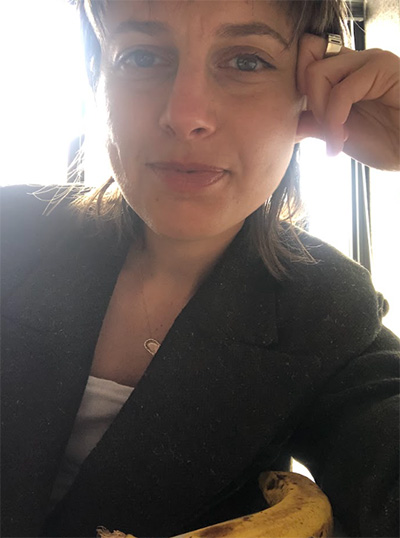( The Alchemy of Happiness) – a text on Persian Islamic philosophy and spiritual alchemy by (1058–1111). Alchemy is a and tradition practiced throughout, and. It aimed to purify, mature, and perfect certain objects.
Common aims were, the of ' (e.g., ) into ' (particularly ); the creation of an; the creation of able to cure any disease; and the development of an, a universal. The perfection of the and was thought to permit or result from the and, in the and western tradition, the achievement of. In Europe, the creation of a was variously connected with all of these projects. In English, the term is often limited to descriptions of European alchemy, but similar practices existed in the, the, and the. In Europe, following the produced by the translation of and the, played a significant role in (particularly and ).


Islamic and European alchemists developed a structure of basic, theory, terminology, and, some of which are still in use today. However, they continued 's belief in and guarded their work in secrecy including and cryptic symbolism. Their work was guided by related to,, and. Modern discussions of alchemy are generally split into an examination of its practical applications and its spiritual aspects, despite the arguments of scholars like and that they should be understood as complementary. The former is pursued by who examine the subject in terms of,, and, and the philosophical and religious contexts in which these events occurred. The latter interests historians of,, and some philosophers and. The subject has also made an ongoing impact on literature and the arts.
3 1 John Milbank, The Word Made Strange, p. 33 For although 'there still. Geoff Waite and Richard Palmer, ed. Michelfelder and Richard E. 61 John Caputo, 'Gadamer's Closet Essentialism: A Derridean Critique', in Dialogue and Deconstruction, p. In Caputo 's words, Gadamer thinks that. Just hours before workers removed a statue of Confederate general Robert E. Lee — the fourth Confederate monument to be dismantled in New Orleans in recent.
Despite this split, which von Franz believes has existed since the Western traditions' origin in a mix of that was mixed with and, numerous sources have stressed an integration of esoteric and exoteric approaches to alchemy as far back as 's first-century AD On Physical and Mystical Matters (: Physika kai Mystika). Ambix, cucurbit and retort of, from, Collection des anciens alchimistes grecs (3 vol. Nicelabel Serial Season there. , Paris, 1887–1888). The start of Western alchemy may generally be traced to ancient and, where the city of was a center of alchemical knowledge, and retained its pre-eminence through most of the Greek and Roman periods. Here, elements of technology, religion, mythology, and, each with their own much longer histories, combined to form the earliest known records of alchemy in the West.
Wrote the oldest known books on alchemy, [ ] while is credited as being the first non-fictitious Western alchemist. They wrote in and lived in under rule. Mythology – Zosimos of Panopolis asserted that alchemy dated back to where it was the domain of the priestly class, though there is little to no evidence for his assertion. Alchemical writers used Classical figures from Greek, Roman, and Egyptian mythology to illuminate their works and allegorize alchemical transmutation. These included the pantheon of gods related to the Classical planets,,,, and many others. The central figure in the mythology of alchemy is (or Thrice-Great Hermes).
His name is derived from the and his Greek counterpart. Nxp Usb Si-tuner Capture Win7 Drivers there. Hermes and his or serpent-staff, were among alchemy's principal symbols.
According to, he wrote what were called the 'forty-two books of Hermes', covering all fields of knowledge. The of Thrice-Great Hermes is generally understood to form the basis for Western alchemical philosophy and practice, called the by its early practitioners. These writings were collected in the first centuries of the common era. Download Dvd Bita E Os Animais Completo. Technology – The dawn of Western alchemy is sometimes associated with that of, extending back to 3500 BC. Many writings were lost when the ordered the burning of alchemical books after suppressing a revolt in Alexandria ( AD 292).
Few original Egyptian documents on alchemy have survived, most notable among them the and the. Dating from AD 300–500, they contained recipes for dyeing and making artificial gemstones, cleaning and fabricating pearls, and manufacturing of imitation gold and silver. These writings lack the mystical, philosophical elements of alchemy, but do contain the works of (or ), which aligned these recipes with theoretical knowledge of astrology and the. Between the time of Bolus and Zosimos, the change took place that transformed this metallurgy into a Hermetic art. Philosophy – Alexandria acted as a melting pot for philosophies of,, and which formed the origin of alchemy's character.